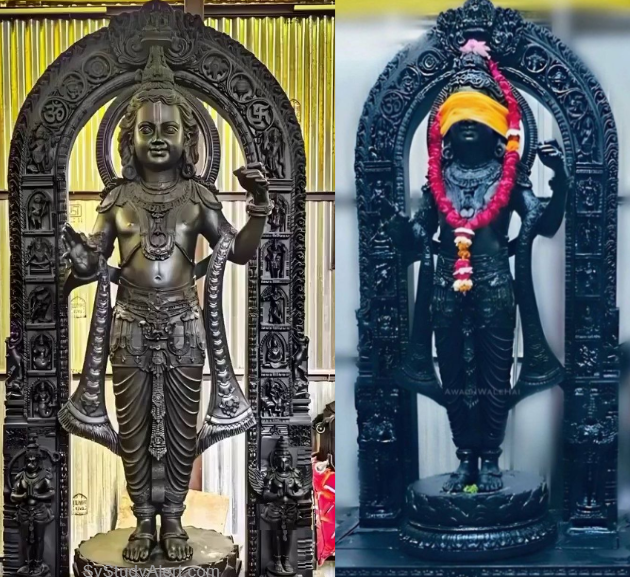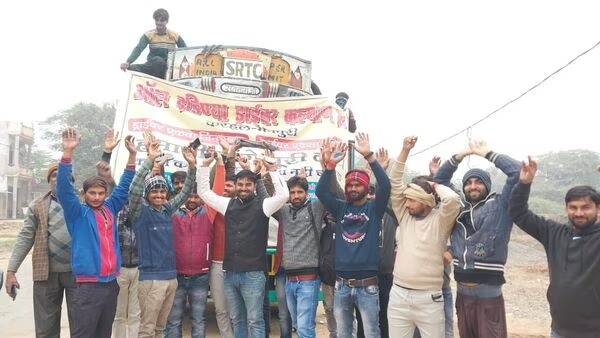

New Delhi: The countrywide truckers' stir has been called off as the government assured that it would consult stakeholders before implementing a contentious law against hit-and-run. After long talks with the government, the All-India Motor Transport Congress called off the agitation.
"We had a discussion with All India Motor Transport Congress representatives... the government wants to say that the new rule has not been implemented yet. We all want to say that before implementing Bharatiya Nyaya Samhita 106/2, we will have a discussion with All India Motor Transport Congress representatives and then only we will take a decision," Union Home Secretary Ajay Bhalla said this evening.
"The new laws have not been implemented. It will be implemented only after consultation with All India Transport Congress," confirmed Bal Malkit, the chairman of the AIMTC's core committee.
The protest was over the Section 106(2) of Bharatiya Nyaya Samhita or BNS -- which is set to replace the colonial-era Indian Penal Code -- which had provisions for strict penalty in hit-and-run cases. The truckers had threatened to hold an all-India strike, triggering panic about shortage of fuel and essential items.
The protests had spread across multiple states, including Jammu and Kashmir, Bihar, Punjab, Maharashtra, Madhya Pradesh, Himachal Pradesh and Chhattisgarh.
Under the new law, hit-and-run cases can attract up to 10 years in jail and a fine of ? 7 lakh -- against the current penalty of up to two-year jail term and a lighter fine. The maximum punishment of 10 years will kick in where the offender has caused death through rash driving and decamped without reporting the matter to the police.
The truckers, cab drivers and others operating commercial vehicles are questioning how they would pay such a steep fine in case they meet with an accident.
Experts have warned about the possibility of misuse of the law, the process of informing authorities given the risk of public anger, and the nature of evidence that will be acceptable in case of a dispute.


